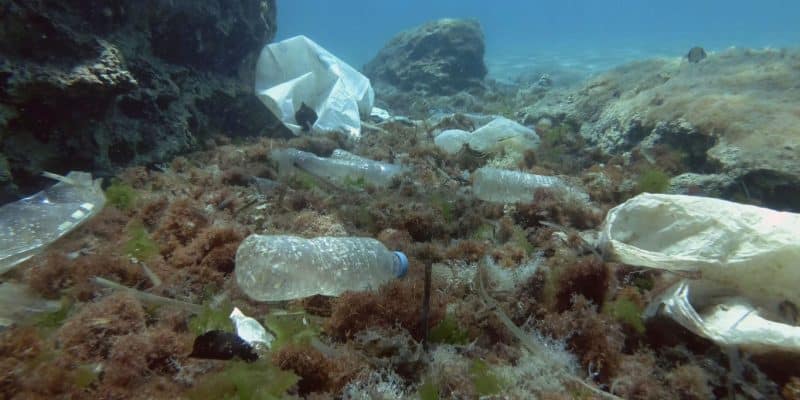Ghana has secured a $1.5 million grant to step up the fight against plastic marine pollution in the capital Accra. The funding is provided by Problue, a World Bank multi-donor trust fund partnership that supports integrated and sustainable economic development of healthy oceans.
The $1.5 million in funding, mobilised by the World Bank through its Problue multi-donor trust fund, was announced on 16 December 2022. The grant will enable the Government of the Republic of Ghana to step up its efforts to combat marine plastic pollution. In this West African country, 3,000 tonnes of plastic waste clog rivers every day, causing flooding and destroying biodiversity. And only 3% of this waste is recycled according to the Ghanaian authorities.
Read also –
With over 2.6 million inhabitants, Accra is the most polluted city in Ghana. So to clean up the coastline of the Ghanaian capital, Grzegorz Peszko, Senior Economist at the World Bank calls for partnerships within the plastics value chain to ensure an integrated approach to the problem to stimulate environmental, health and economic growth.
Promoting green actions
In Accra, the government will also increase public and private funding in the waste sector, encouraging the implementation of sustainable projects to achieve the transition to a circular economy. This involves the rejection of all single-use products, reduction of consumption of goods, reuse or repair, recycling and return to the earth. In the case of plastic, it can be recycled into flakes, pallets, electricity, etc.
Several mechanisms will also be put in place to encourage people to adopt eco-actions. “Such a change in behaviour would serve as a catalyst for the indiscriminate reduction and/or elimination of plastic in order to reduce environmental, health and economic impacts in the long term,” enthuses Grzegorz Peszko, Senior Economist at the World Bank.
Inès Magoum






